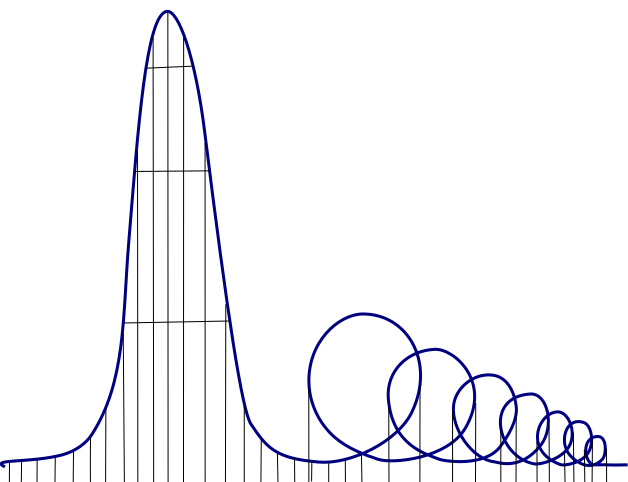Can we please always link to the original data?
Data is Beautiful
Be respectful
FWIW. Here's the wiki link
https://en.m.wikipedia.org/wiki/List_of_countries_by_total_health_expenditure_per_capita
Whoa, wtf is Polandball doing?
I didn't know such differences still existed (not counting USA ofc).
Poland has the worst air pollution in the whole of Europe. For one, they still have a lot of coal plants but even more importantly, a lot of homes have never been modernized and still heat with coal too. On top of that, many cars are also old and dirty.
Australia is definitely not counting deaths due to drop bears
What is Chile doing?
Just Chileing?
Too chilly hot to chilly chill.
Not to worry, it’ll soon dip back down as the Almighty, who is also the Invisible Hand Of The Free Market, wills
I don't think I've ever seen what appears to be a line graph loop back on itself.
Visualise it as a 3d graph seen from the top.
Math people are cringing.
But in this graph it's correct, isn't it?
A bit of a strange choice of axis, but technically it's correct, I think.
We see how during COVID people died earlier although expenses went up (didn't check the dates, but I guess that's the thing?), and afterwards expenses went down, but people grow older again
Or do I completely misunderstand this?
Yeah, it's correct. What they did is, for every year they place a dot with respect to x and y axis, then connected the dots. An unusual graph, but works well for this situation, IMO.
I don't think they're cringing, this is perfectly correct.
By the definition:
A function f from a set X to a set Y is an assignment of one element of Y to each element of X.
~/s~
I have a degree in math and I'm not cringing
Can you guess when HMOs became a thing (and Blue Cross converted from not-for-profit to for-profit)?
1981?
I was asking rhetorically since the graph makes it pretty obvious, but actually re-reading this article it's a bit more complex than I recalled. There was basically some legislation in the mid 1970s that made them possible, the model grew through the 80s, but by the late 80s low-rent HMOs had taken over, and a crippling combo of regulation (to create new barriers to entry) and deregulation (for the existing guys) basically cemented the for-profit HMO/PPO providers that we all know and love (haha) by the 1990s. Had we held out for another decade we probably would have seen socialized medicine by the Clinton-era, but instead we got this graph, where we pay more and get less than everyone else, and half the country thinks it's a great idea.
INTERNATIONAL DOLLAR (PPP)
COUNTRY MONEY (GDP)

